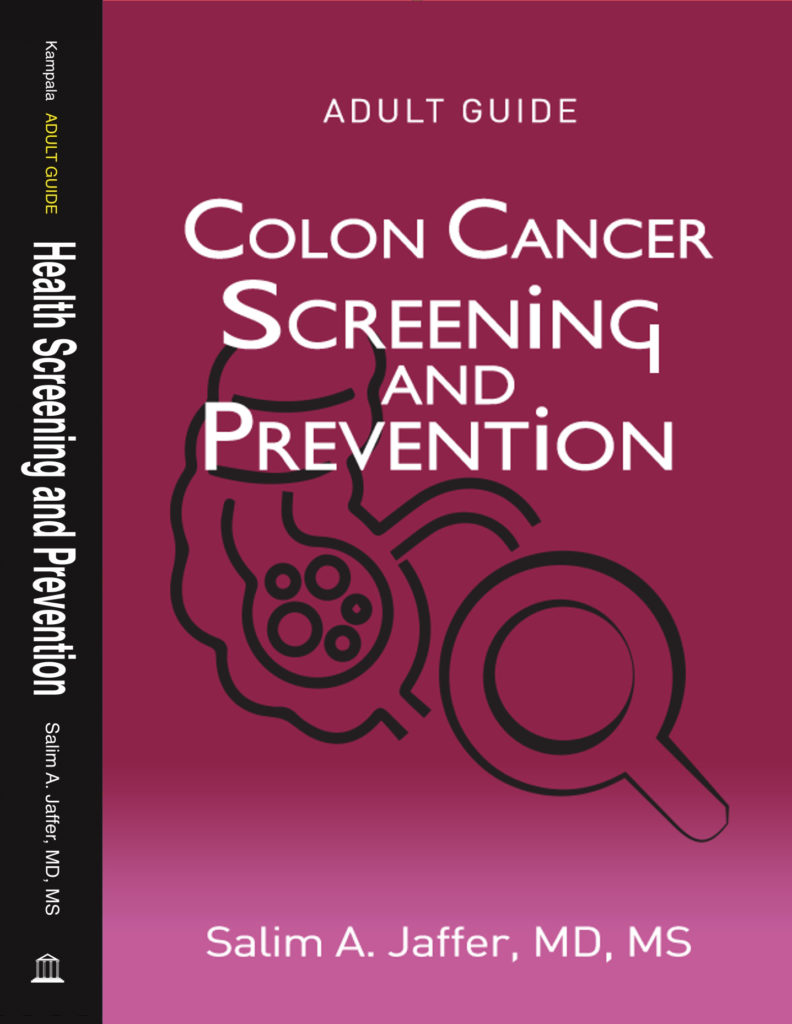 Colon cancer is the second-leading cause of cancer deaths in the United States. Unlike many other cancers, however, we have sophisticated, effective methods of detecting colon cancer early and preventing deaths. So why are so many people still dying from this detectable, treatable disease?
Colon cancer is the second-leading cause of cancer deaths in the United States. Unlike many other cancers, however, we have sophisticated, effective methods of detecting colon cancer early and preventing deaths. So why are so many people still dying from this detectable, treatable disease?
The headline above is somewhat misleading. It’s true that about 31% of adults over 50 never screened for colon cancer, but what’s equally troubling is about 33% of adults between ages 60 and 70 have only been screened once in their lifetimes.
Colon cancer is a threat that persists throughout our lifetimes. Screening guidelines approved by the CDC state that most people should start screening at age 50 and repeating every 10 years even if no signs of cancer are found. Many people are not getting their first colonoscopy at 50, and even fewer are bothering to repeat the test at age 60 and 70, despite the risk for developing precancerous polyps increasing over that time span.
So what’s causing people to skip these exams completely? As it turns out, a lot of different factors, carrying surprisingly even weight. Fear of the procedure and preparation, embarrassment, lack of time, poor physician awareness, lack of knowledge that follow-up exams are necessary, lack of health insurance, and poor access to medical care all play major roles in peoples’ decision making with regards to colon cancer screening.
The good news is that there is room to improve. The CDC estimates that 60% of current colon cancer deaths could be prevented with better screening. Considering that we’re already catching a large percentage of colon cancers through existing screening habits, this means we could potentially knock colon cancer several rungs down the ladder in terms of cancer deaths. It also means we need to fight to overcome some of those reasons people are skipping out on their exams.
A lot of that comes with better education for patients. While doctors have a responsibility to educate their patients on important screening tests and procedures, the only way to ensure that you receive the proper tests and the proper point in your life is to keep your physician informed on your medical history and what you have and have not had done. Making sure you get your colonoscopy scheduled at the right age can save your life. Missing it could kill you.
Remember, colon cancer doesn’t care why you missed your colonoscopy.